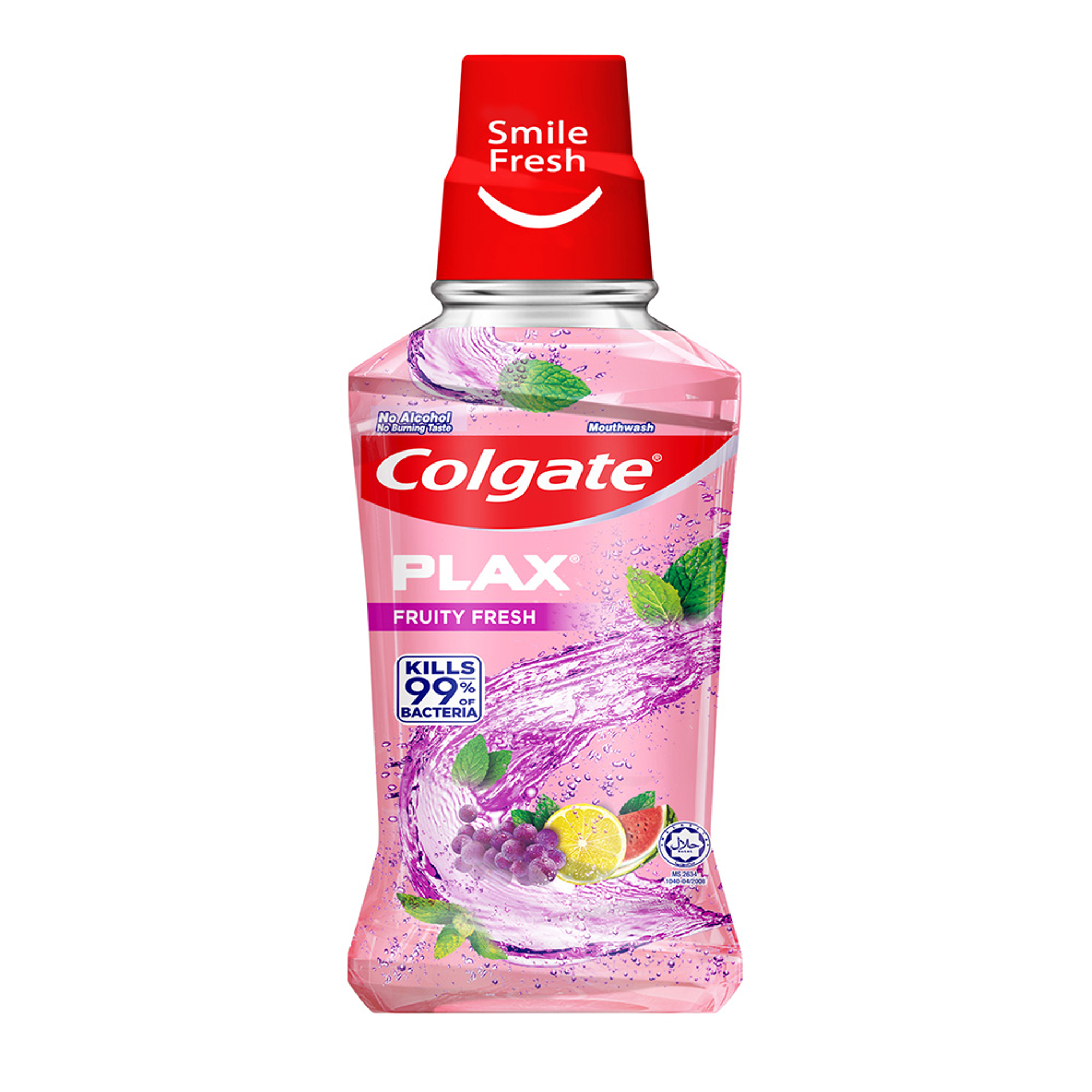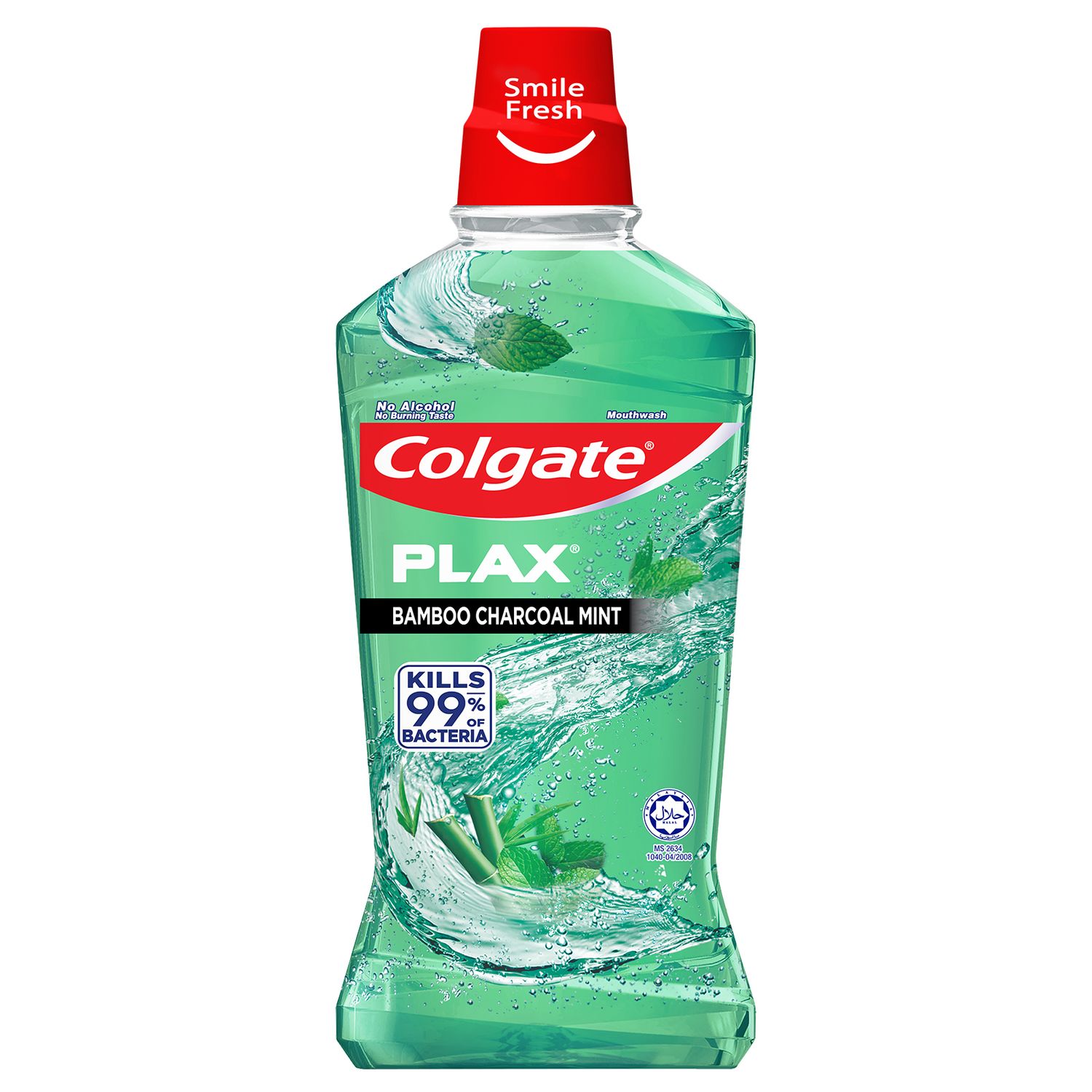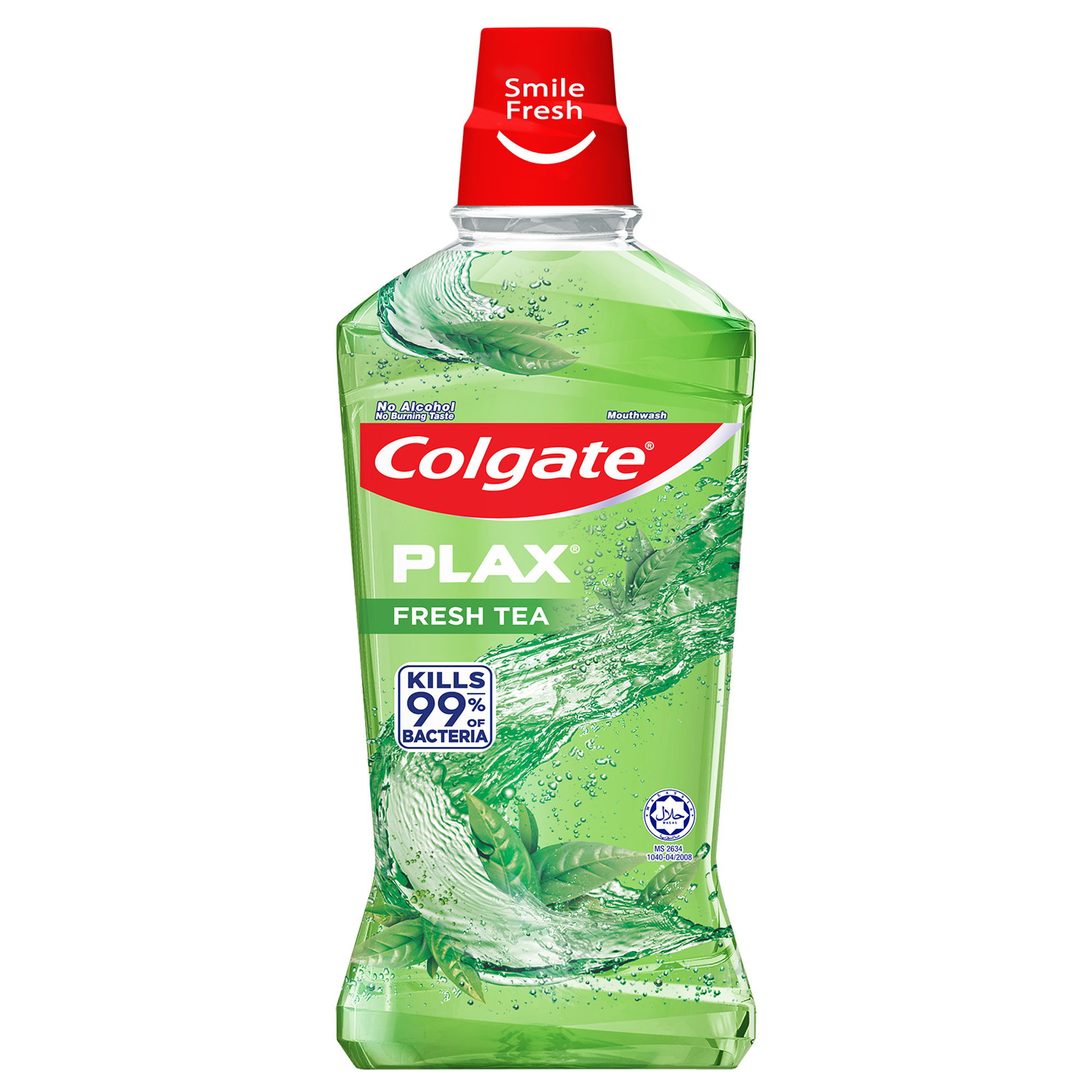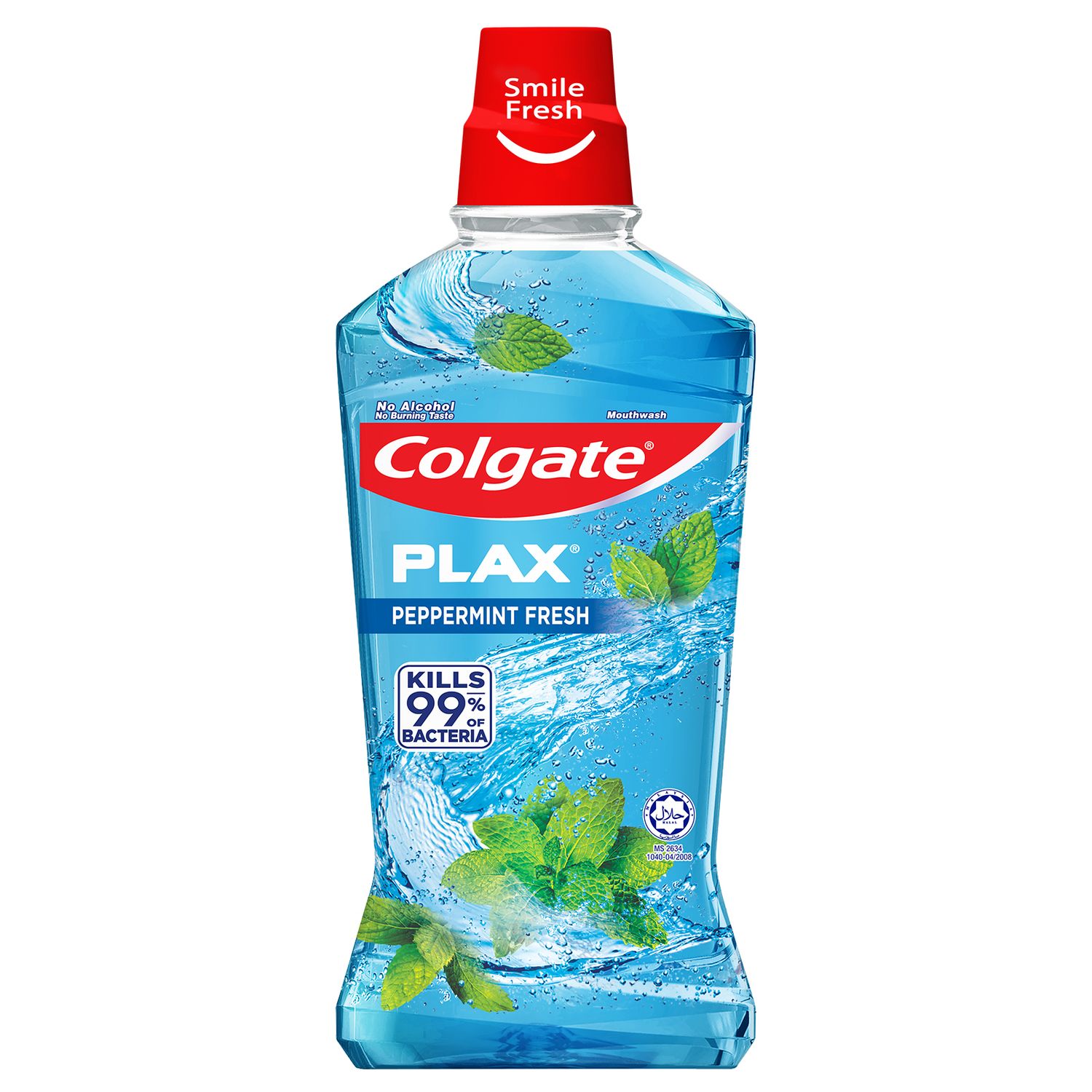-
-

FLUORIDE
Discover how stannous fluoride toothpaste prevents cavities and other oral health issues. Learn the key benefits of fluoride for teeth and its best uses.Fluoride plays a vital role in oral healthcare...

TEETH WHITENING
Teeth Whitening Serum for a Brighter, Confident SmileWho does not want whiter and brighter teeth? Thanks to the many teeth-whitening products available today...
-
Science & Innovation
- ORAL HEALTH ASSESSMENT
- Colgate® | Toothpaste, Toothbrushes & Oral Care Resources
- Oral Health
- Antiseptic vs. Antibacterial Mouthwash: What's the Difference?


Take a stroll down the oral care aisle at your local supermarket or pharmacy and you might find your head spinning over the wide variety of mouthwashes and other oral care products available. Each one is labelled slightly differently, promising different benefits such as "cavity-fighting", "antibacterial", "antiseptic", "breath-freshening" and so on. But when it comes to choosing a product, is there really a difference between antiseptic versus antibacterial mouthwash? And how can you tell which one is right for your needs?
Antimicrobial vs. Antiseptic vs. Antibacterial Mouthwash
When you see "antimicrobial", "antibacterial" or "antiseptic" on the label of a bottle of mouthwash, it's important to understand that those words aren't there just to impress you. They do have particular meanings. The Centers for Disease Control and Prevention in the United States defines antimicrobial agents as any agent that kills or suppresses the growth of microorganisms.
Antibacterial agents (also known as antibiotics) kill, slow down or inactivate bacteria specifically. As American medical publisher, Merck Manuals, explains, the terms "antibacterial" and "antibiotic" are often used interchangeably. In the most technical sense, antibiotics are antimicrobial agents derived from bacteria or moulds rather than other microorganisms. Antibiotics are a group of medicines that are used to treat infections caused by bacteria, as explained by SingHealth, and can be taken by mouth as liquids, tablets or capsules, by injection, or by topical application as creams, ointments or lotions.
In contrast, topical antiseptic products are those that are applied to specific external parts of the human body with the primary intent to limit or prevent infection, according to the Health Sciences Authority.
While antibacterial products only target bacteria, antiseptic and antimicrobial agents can work against various types of microbes. So when it comes to antiseptic versus antibacterial mouthwash, the former covers a broad spectrum of organisms, while the latter covers specific ones. If you see antimicrobial, antibacterial or antiseptic listed on a bottle of mouthwash, you can be confident that the rinse is designed to inhibit microbes that could be harmful to your oral health.
How Do You Choose?
With so many mouthwash options out there, how can you choose the one that is right for you? It's helpful to talk to your dentist about using mouthwash if you are feeling any confusion. They can recommend a suitable mouthwash for your particular concerns, whether it's gum disease, dry mouth or bad breath. In some cases, a prescription mouthwash with antimicrobial properties might be your best option.
For example, if you have been dealing with gum disease, your dentist might prescribe a mouthwash containing chlorhexidine, which is an antiseptic agent that helps to control plaque and gingivitis. As the Ministry of Health notes in its oral hygiene guidelines for nursing management, as long as there is no oral lesion in the mouth, chlorhexidine mouthwash is used as it can prevent and treat plaque formation and gingivitis.
>Even if you aren't that concerned about preventing gum disease, you may still benefit from using mouthwash. As this article from the American Dental Association in the United States outlines, mouthwash can help to improve your breath and reduce your risk of tooth decay.
If you have a particular concern, such as reducing plaque, fighting cavities or general breath-freshening, ask your dentist for advice on which product may help you achieve your goals. It's also a good idea to look for a product from a trusted brand.
Tips for Using Any Type of Mouthwash
Whether you end up getting a prescription for a mouthwash from your dentist or using an over-the-counter product labelled "antiseptic" or "antibacterial", there are some things to remember when using it. Mouthwash isn't designed to replace brushing and flossing, so be sure to continue to brush your teeth twice a day and floss once daily.
You can use your mouthwash before or after brushing (depending on the instructions), but never skip brushing.
Another thing to remember is to follow the instructions listed on the mouthwash bottle or given by your dentist. You'll see the greatest benefit if you use the mouthwash, whatever type it is, exactly as directed.
Related Articles


Learn effective ways to remove tartar buildup, prevent plaque, and maintain a bright, healthy smile. Discover expert tips for easy tartar removal at home.

Noticing that your cheeks are swollen can be distressing. There are many possible causes of cheek swelling, and a doctor or dentist can diagnose the issue.
Related Products

Helping dental professionals
More professionals across the world trust Colgate. Find resources, products, and information to give your patients a healthier future








